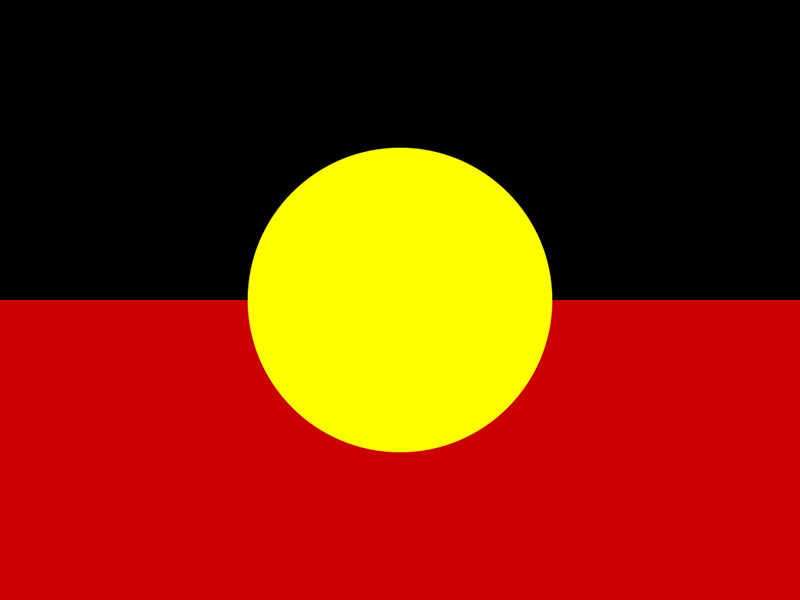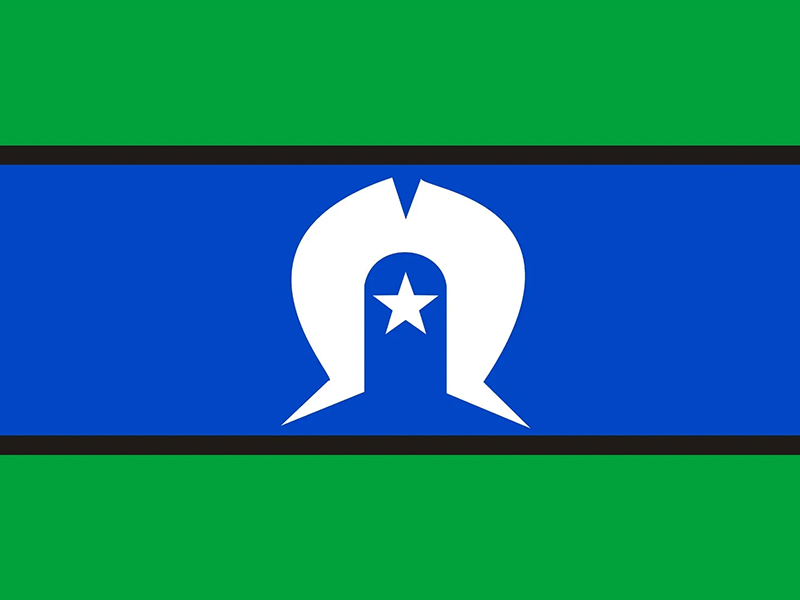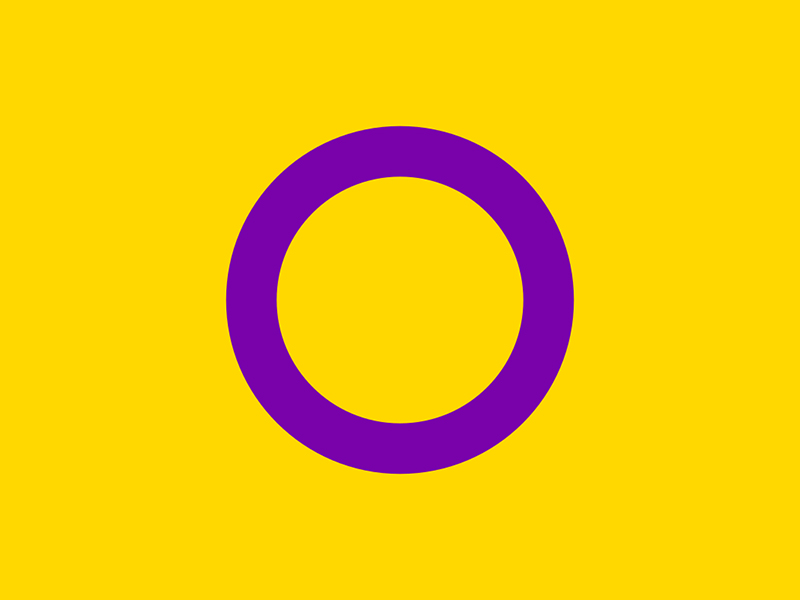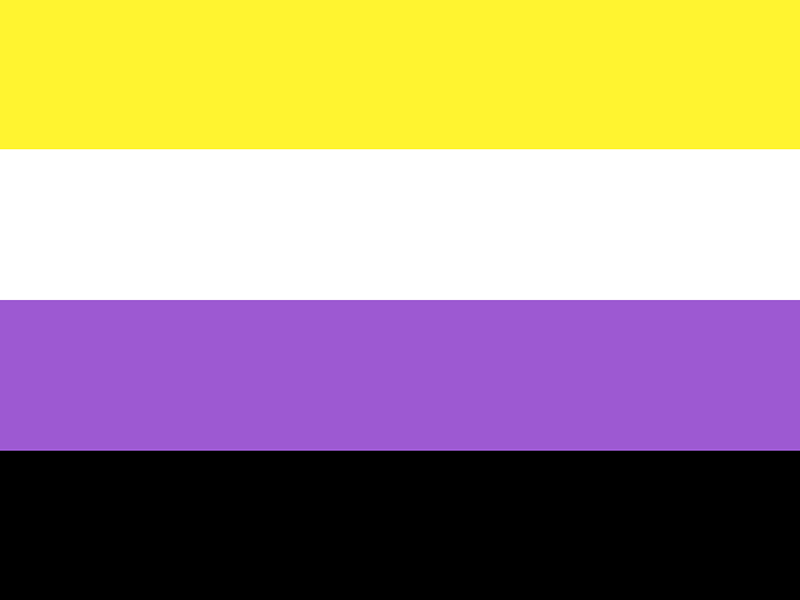Our identity is our sense of ourselves, who we are and our character, culture, values, lifestyle, and personality. Significant parts of our identity are our sexual identity and our gender identity.
Our sexual identity is our sense of ourselves concerning our sexuality, or lack thereof, our sexual behaviours and attractions, feelings and fantasies, and beliefs and values about sexuality.
Our gender identity is our gender, gender role, and beliefs and values about gender. Being LGBTIQA+ can mean that our sexual and gender identities are especially significant.
If a part of your identity is marginalised and stigmatised in society, it can sometimes feel like a bad part of us. But while it can be challenging, we are not bad or inferior. Being a bit different can make you a stronger and more caring, respectful and open-minded person, which are fantastic qualities to have!
Things to Remember
- It takes time to know who you are and being confused is a normal part of figuring it all out
- Trust your feelings and talk about them with someone you trust
- It’s okay to be yourself – however, that feels right
- Feeling attracted to the same gender is as natural as being attracted to a different gender, or not being attracted to anyone at all. Feeling confused about your gender or like you were assigned the wrong gender at birth is okay too. You are not alone; there are plenty of others who feel similar feelings to what you’re feeling.
- Being different can be hard, but it can be more interesting and fun too!
- Support is out there
Contact us or check out our Support page for lists of places you can get support from if things are too confusing or difficult to deal with on your own.
Sexuality
Our sexuality is that part of us expressed through our sexual activities and relationships. It is represented in our feelings, behaviours and our sexual identity.
A person’s sexual identity is how they choose to describe their sexuality. They may choose a label like gay, lesbian, bisexual, pansexual, queer, asexual or one of many others.
Some people also choose not to label their sexuality. Everyone expresses their sexuality differently with various levels of diversity. It is completely normal for people’s sexuality and sexual identity to change across their lives.
“Sexuality is a central aspect of being human throughout life and encompasses sex, gender identities and roles, sexual orientation, eroticism, pleasure, intimacy and reproduction. Sexuality is experienced and expressed in thoughts, fantasies, desires, beliefs, attitudes, values, behaviours, practices, roles and relationships. While sexuality can include all of these dimensions, not all of them are always experienced or expressed. Sexuality is influenced by the interaction of biological, psychological, social, economic, political, cultural, ethical, legal, historical, religious and spiritual factors.”
Source: World Health Organization (WHO) Draft working definition, October 2002
Sexual diversity comes in many forms
Everyone is different in how they choose to express their sexuality. More and more these days, people will not define their sexuality with a label, but choose to ‘take it as it comes’ or ‘do what feels right at the time’, trusting their feelings and not letting labels determine their choices.
Many people feel a label or name for their sexuality is useful in describing themselves to other people, others don’t.
It is important to do whatever feels right for you (so long as no one will be unsafe or at risk) and identify with what feels comfortable for you. It’s okay to take your time figuring out what does feel right for you too. It’s okay to be unsure, and it’s normal to be confused while you’re figuring things out.
Romantic orientation
Our romantic orientation is the part of us expressed through romantic feelings and relationships. For many, romantic and sexual feelings and relationships are closely linked, but for others, they’re very different things.
For example, a person who identifies as asexual may still desire and enjoy romantic relationships, and may identify as homoromantic, heteroromantic, biromantic, or aromantic, among other identities. Individuals may or may not choose to use labels like this to define their romantic orientation – everyone is different.
Gender diversity
A person’s gender (or lack thereof) can include how a person, thinks, feels, acts, dresses and speaks. A person’s gender can be masculine, feminine, both, androgynous, neutral and many other combinations. A person’s gender identity can be fluid or static, and everyone expresses their gender differently with various levels of diversity.
Gender diversity comes in all forms; from trans men or trans women, to people who identify outside of the man-woman binary. Indeed, by simply being attracted to the same gender we are breaking society’s gender stereotypes and expectations, but this can be far more accepted and visible in society than what the trans community experience. We know that being trans or gender diverse is not easy so support and information are really needed
Transitioning doesn’t look any ‘one’ way
Within the trans community, there is a wide range of identities, expressions and experiences. Because of that, there are many different ways you may choose to affirm your gender.
There are different ways of transitioning, including:
- Social affirmation
- Legal affirmation
- Medical affirmation
They are all multifaceted and look different to each person. One person might just want to change the way they dressing, while someone else may wish to access hormones or undergo surgery. Some people may change their name legal or get vocal training or come out, or none of those things.
There is no ‘right’ way to transition. It’s about following the path that best works for you. Check out TransHub for more information.
Follow the path that’s right for you
What’s most important is that you do what feels right for you; not what others tell you is or isn’t OKAY. We often feel the pressures of society to either be male OR female, but it’s OKAY if you have characteristics of both or neither.
Many people have both or neither masculine AND feminine traits, but we are taught to believe that we can only be one or the other. When you hear these sorts of messages and don’t feel you fit into them, it can be easy to think that you are not OKAY and that you are the only one that feels like that.
But there are many people, especially in the LGBTIQ+ community who do not fit gender expectations in all sorts of ways, and there are many people who have transitioned and lead happy lives in their true gender.
At Freedom, while people who are gender diverse are welcomed and appreciated in any session, we have sessions just for trans and gender diverse young people to hang out, be themselves in a safe space and talk about all things genderqueer! It’s called GenderQ
Intersex
People with intersex variations are born with physical sex characteristics that deviate from being ‘typically’ male or female. These characteristics can include variations in chromosomes, hormones, and genitalia, and it is estimated that intersex variations are present in around 2% of the population.
There is a huge range of presentations and experiences or being intersex, and intersex variations may become apparent before or at birth, during puberty, or in adulthood, and some people may never realise they are intersex.
People who are intersex can have the same range of sexuality and gender diversity as people who are not intersex. For some people, their intersex variation is part of their identity, while for others it’s more of a body difference. For more information about what it means to be intersex, visit Intersex Human Rights Australia.
Need support?
It’s important to remember a few things:
- Being LGBTIQA+ or being confused about your sexuality or gender doesn’t mean you have a mental illness. Feeling attracted to the same gender is as natural as being attracted to a different gender or to no one at all. The same goes for being gender diverse –it’s natural and it’s okay.
- You are not alone; there are plenty of others who feel similar feelings to what you’re feeling.
- Everyone deserves to be treated with respect by others. It is not okay for people to call you names, tease you or make you feel unsafe
When things are difficult to deal with on your own it’s important to get support. You may have people in your life that you already do or can get support from. Sometimes that’s enough and other times we need more than that. Sometimes just having someone like a friend or family member listen to how we’re feeling is all we need to feel better. Other times a professional’s knowledge can help us figure out how to deal with things that are trickier.
Remember that there are heaps of different places you can get support. Support can come in many different forms, and sometimes we have to try a few different kinds to find something that suits your individual needs or situation.
We are here to help you find the best services for your needs, so contact us or check out our LGBTIQA+ counselling
If you are at risk call one of the 24hr lines below or in an emergency call 000. If you’re outside of Western Australia, go to https://qlife.org.au/ or read on to discover some of the support services available to you.
Need support now?
If you need immediate help, please call 000 and ask for emergency services. You can also access 24-hour phone services in a time of crisis.






